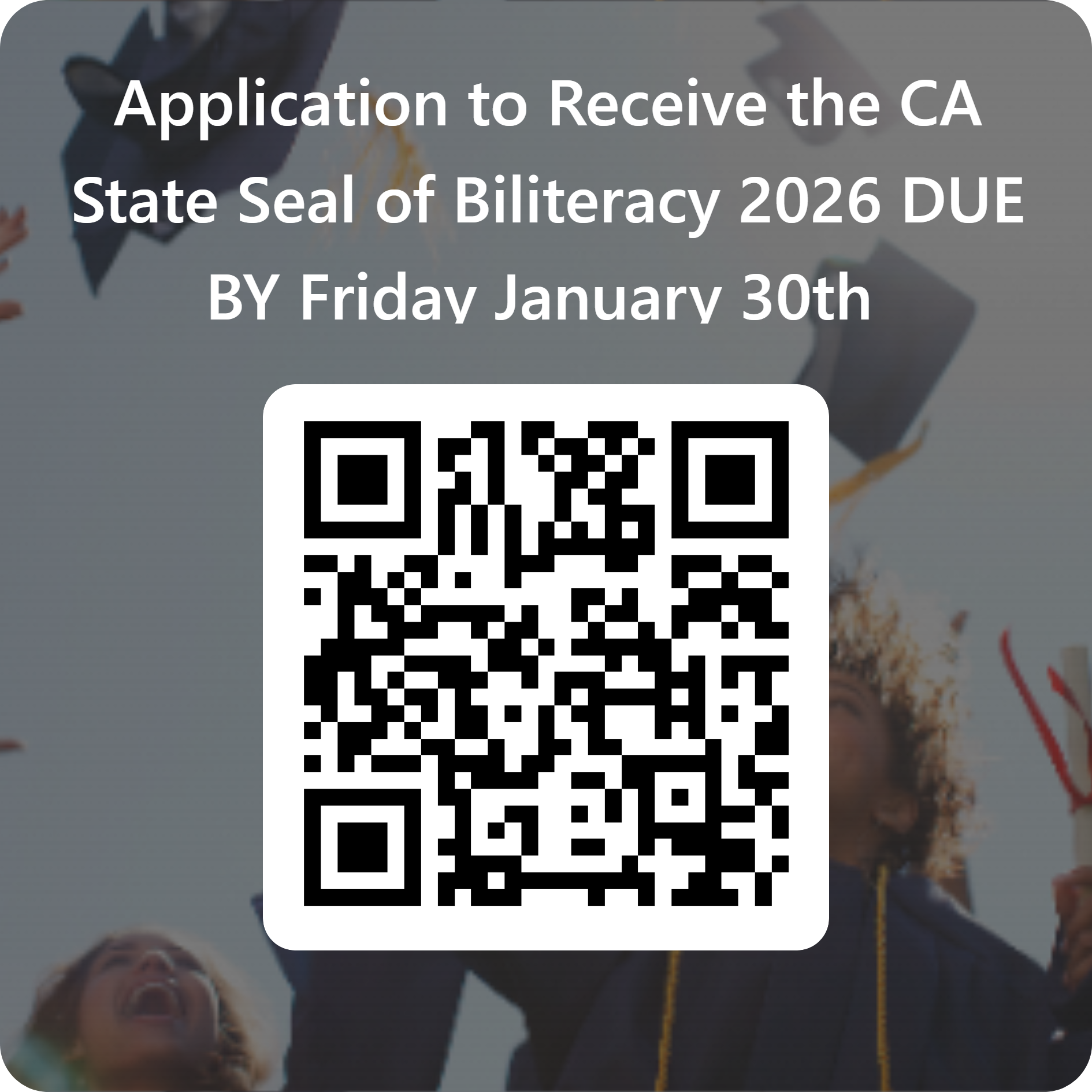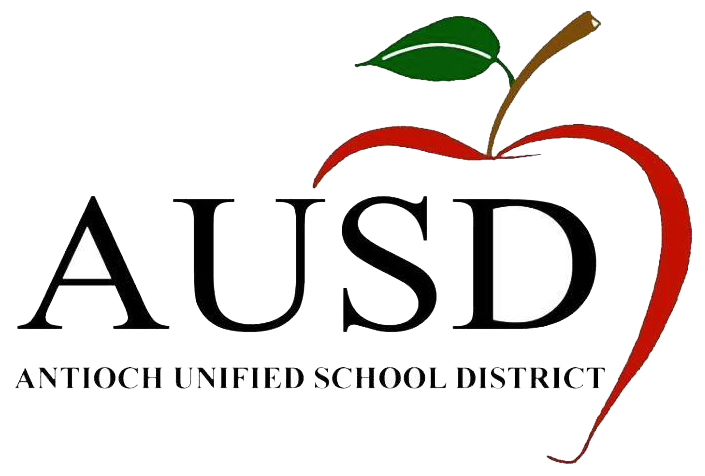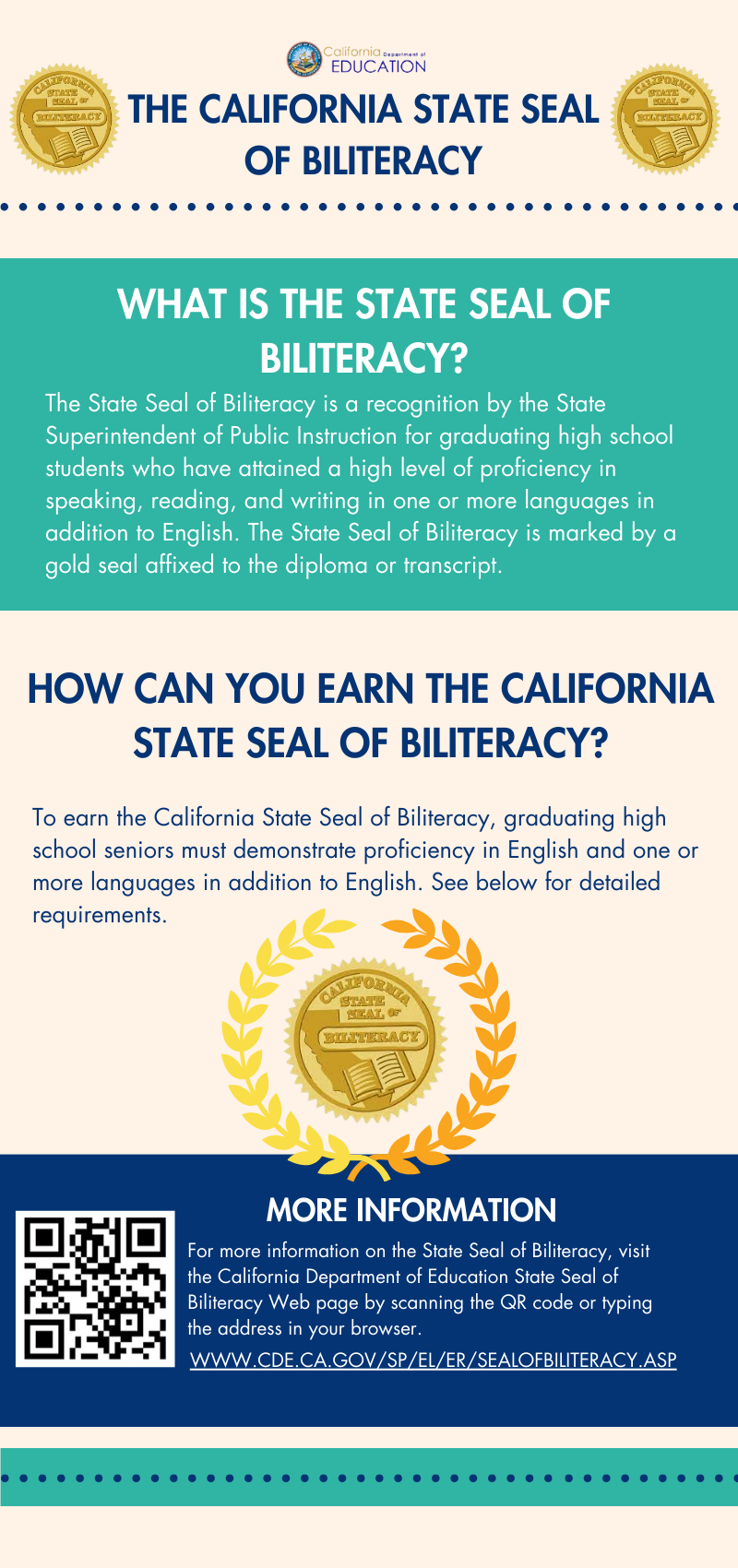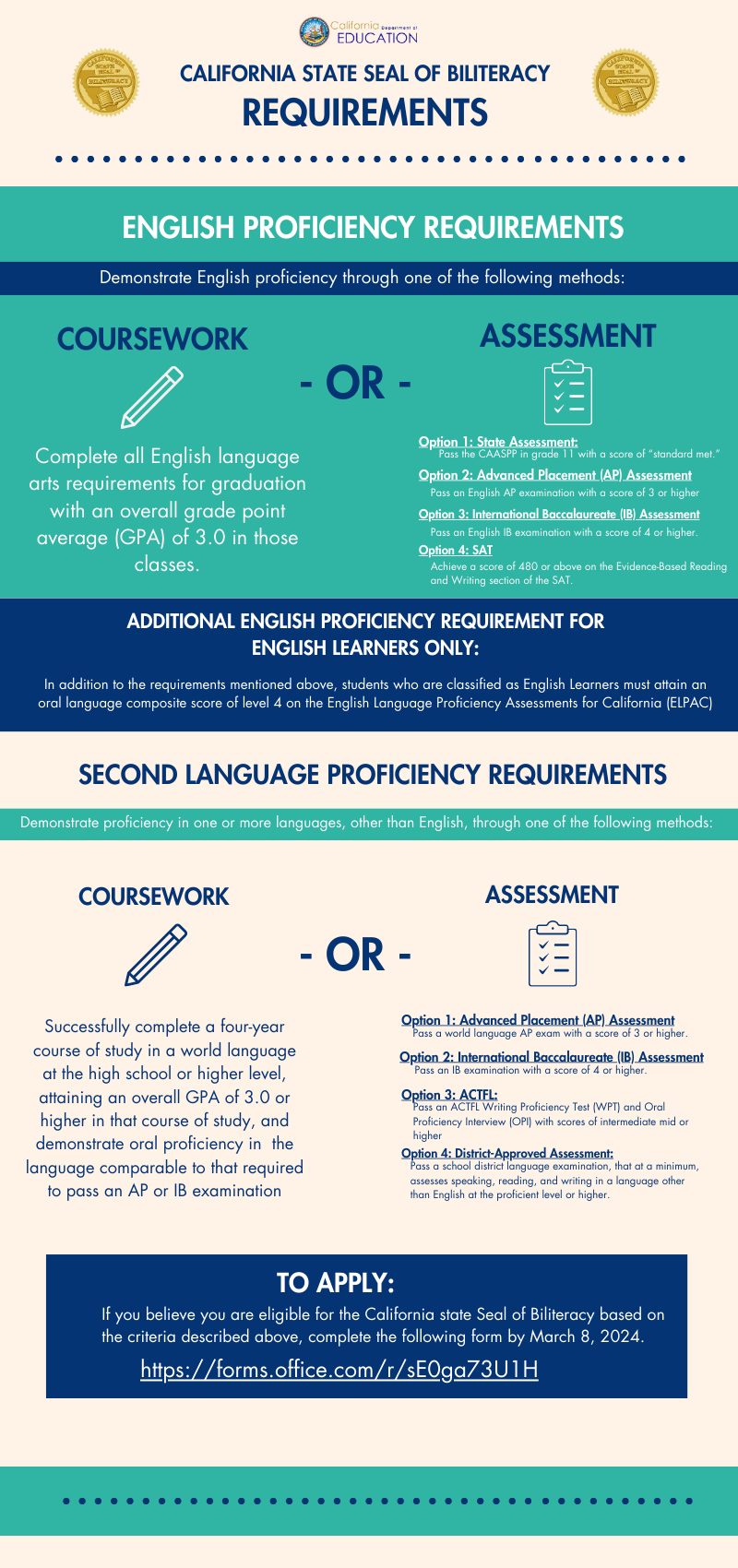Assessment
Assessments provide data and information for not only measuring student progress and performance, but also for evaluating our educational services and programming and determining strategies for improvement. See below for information on the assessments used in Antioch Unified School District.
Students and parents can find all assessment results in the Aeries Parent Portal. If you need assistance accessing the Aeries Parent Portal, please reach out to your child's school and they can assist you in setting up your account.
State Assessments
California Assessment of Student Performance and Progress - CAASPP
The primary purpose of the CAASPP System is to assist teachers, administrators, students, and parents by promoting high-quality teaching and learning through the use of a variety of assessment approaches and item types.
Participation
Students in grades 3 - 8 and grade 11.
Physical Fitness Testing - PFT
About
The Physical Fitness Test (PFT) is a comprehensive, health-related physical fitness battery of tests for students in California. The State Board of Education designated the FITNESSGRAM® as the PFT for students in California public schools. The test has five parts that show a level of fitness that offer a degree of defense against diseases that come from inactivity. The test results can be used by students, teachers, and parents. The FITNESSGRAM® consists of five fitness areas: Aerobic Capacity, Abdominal Strength and Endurance, Upper Body Strength and Endurance, Trunk Extensor Strength and Flexibility, and Flexibility.
Participation
Students in grades five, seven, and nine take the PFT.
ELPAC Testing
About
The ELPAC system is used to determine and monitor the progress of the English language proficiency of students whose primary language is not English. The ELPAC is aligned with the 2012 California English Language Development Standards and assesses four domains: listening, speaking, reading, and writing.
Please visit the English Learners page for more information.
Screening for Risk of Reading Difficulties (RSRD)
About
In July of 2023, Governor Gavin Newsom signed Senate Bill 114 into law. This legislation, which took effect January 1, 2024, adds Education Code Section 53008, entitled “Screening for Risk of Reading Difficulties.” It establishes new requirements for both the State Board of Education and Local Educational Agencies (LEAs).
Under this law, LEAs are required to screen all students in kindergarten through 2nd grade annually to identify those at risk for reading difficulties, including dyslexia. These universal screeners are not diagnostic tools but serve to identify students who may benefit from early supports. Students identified as "at risk" must receive targeted services, which may include:
Evidence-based literacy instruction tailored to specific student needs
Ongoing progress monitoring
Early intervention through general education
One-on-one or small-group tutoring
Further evaluation or diagnostic assessment
Participation: Student in Kindergarten, 1st and 2nd take the RDRS.
Please visit SB114 Overview for more information.
Seal of Biliteracy
About
The State Seal of Biliteracy (SSB), per Assembly Bill 815 (Brownley, Chapter 618, Statutes of 2011), became effective January 1, 2012, and was amended in 2017 per AB 1142, effective January 1, 2018. California Education Code sections 51460–51464 establish the SSB program and its requirements. This program recognizes high school graduates who have attained a high level of proficiency in speaking, reading, and writing one or more languages in addition to English. The SSB will be awarded by the State Superintendent of Public Instruction in accordance with specified criteria set forth in the legislation.
How Do AUSD Students Qualify to Apply for the SSB?
2026 Seal of Biliteracy Application:

AUSD State Assessment Testing Windows
Assessment | Grade | Testing Window |
|---|---|---|
CAASPP | 3rd-8th, 11th | April 7th-June 5th (See site for specific dates) |
CAST (Science) | 5th and 8th grade | April 7th - June 5th (See site for specific dates) |
Physical Fitness Testing (PFT) | 5th and 8th grade | February 1st-May 31st (See site for specific dates) |
ELPAC Initial | TK-12 | August - June (Scheduled by the EL department) |
ELPAC Summative | TK-12 | February 1st - My 31st (See site for specific dates) |
RDRS Assessment | 1st & 2nd grade | October 20th - Nov. 7 (See site for specific dates) |
RDRS Assessment | Kindergarten | March 9th - March 20th (See site for specific dates) |
AUSD Local District Assessment Testing Windows
Assessment | Grade | Testing Window |
|---|---|---|
iReady | KN - 8th Grade | August 18-Sept. 5; December 1-19; April 7-24 (Optional) May-open for required 8th grade math assessment |
iReady Literacy Tasks | TK-2nd Grade | September 8-19; January 14-30; May 4-21 |
Read 180/Math 180 | 5th and 8th grade | August 11th-29th; November 12th-21st; February 23-March 13th; May 18th-June 5th |


